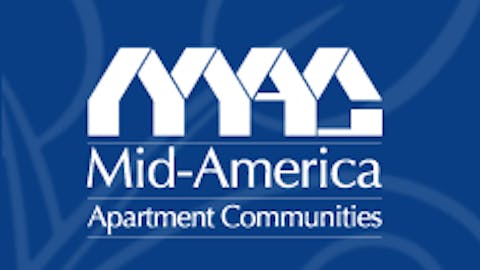If you sat out the market rally, Barry Ritholtz advised investors to stop reading the doom and gloomers’ take on Obamacare, hyperinflation, the goldbugs, the Chinese crisis, and the student loan crisis.
That’s where I disagree with the estimable Mr. Ritholtz.
More debt, less buying power
The student loan crisis is going to affect housing for decades with those who have recently graduated coming out with an average of $26,000 plus in loans. Serious delinquencies, over 90 days without payment, have been steadily rising to over 6 million loan delinquents for a 17.5% rate. Despite many bankruptcy lawyers’ belief that student loan debt should be forgiven in bankruptcy proceedings it currently isn’t and probably won’t be for the foreseeable future.
By July 1, the interest rate on federally subsidized Stafford student loans will double to 6.8% if a Congressional fix isn’t passed. Some legislation has been proposed by Republicans that will tie student loan interest to the 10 year T-bill rate. That may work out initially for those who graduate soon but likely end up with higher rates for college grads four years plus down the road. Still, colleges will raise tuition rates no matter what Congress figures out.
This onerous debt burden is pressing grads to take anything that pays rather than wait for a job advancing their career path. A CNBC article opined the New American Dream for Millennials will soon be a part-time job, any part time job, and an affordable apartment. An apartment where they won’t need a car…they can’t afford those either.
A stunning infographic of some of the effects of rising student loan debt included the statistic that at least 29% of respondents said they have postponed buying a house and even sadder, 15% have put off marriage plans. Here is another link to some illustrative charts put out by the New York Federal Reserve.
Often unmentioned is someone with student loan debt may think they can swing a downpayment and a mortgage but depending on their debt to income ratio a bank may very well disagree. Put that together with the fact that most jobs these grads find will be in urban centers with expensive single-family real estate. Apartment living becomes the only option.
Bright lights, big city, little apartment
As I wrote before in Welcome to the New American Poorhouse, homebuilders will eventually feel the pain, especially those most exposed to the first time buyer market. But who will feel the pleasure… the apartment or multifamily REITs.
AvalonBay Communities, Inc. (NYSE:AVB) is of particular interest because most of its holdings are located in the Millennial job hubs: New York/New Jersey, Washington DC metro, Pacific Northwest, and Northern and Southern California. The company operates 164 apartment communities in 10 states with over 45,000 apartments. The stock is down more than 15% from its 52 week high of $151.23 and offers a 3.30% yield. It has a forward P/E of 19.37.
It competes with Apartment Investment and Management Co. (NYSE:AIV) , also called Aimco, which has a quarter of the market cap at $4 billion but Apartment Investment and Management Co. (NYSE:AIV) promises better growth at a1.17 PEG to AvalonBay Communities, Inc. (NYSE:AVB)’s 2.71. It also has a lower forward P/E of 12.62 with a slightly higher yield of 3.40%. Analysts are fairly divided between bullish and bearish but give a median price target of $32.00 for some 15% upside from Friday’s close of $27.89.




